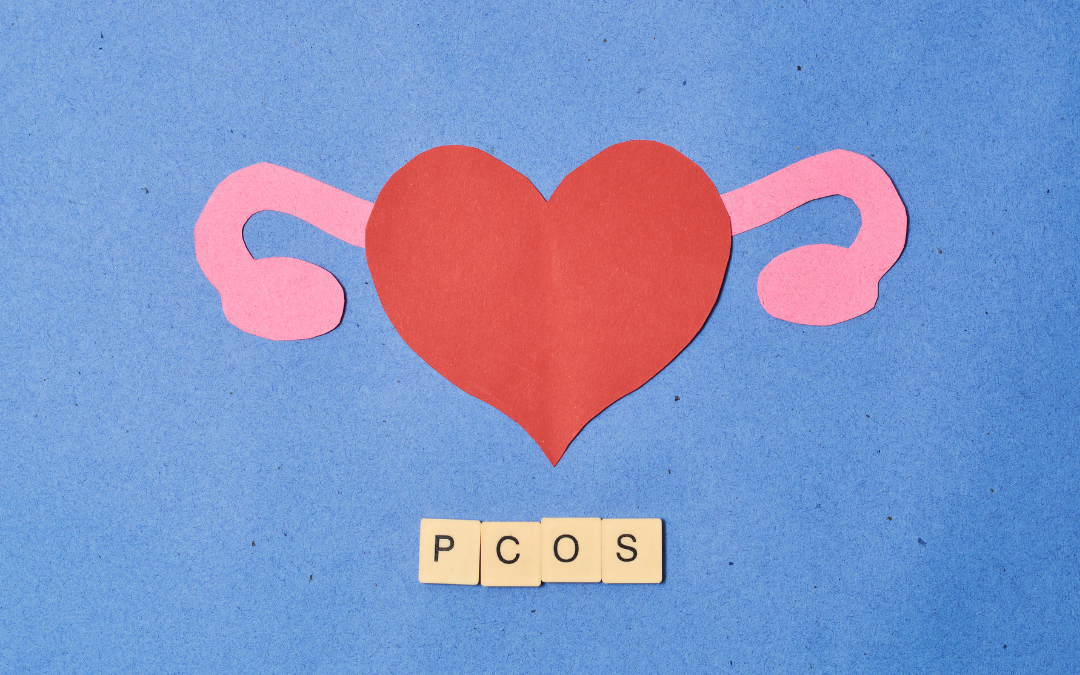You’ve had this appointment with your doctor for months. You’ve practiced what you’re going to say, how you’re going to say it. You’ve done your reading online of what your symptoms may mean.
But then your doctor enters the room, tells you your bloodwork is “in range”, and seems to be in a rush to get to her next appointment so you don’t get to ask more questions about why you’re feeling how you feel despite your bloodwork.
You leave the office feeling frustrated, not having any more answers than when you came in, and even wondering if you’ve been making up your symptoms and they really aren’t that bad.
If this is you, you’re not alone.
Most women I work with have felt unheard, brushed off, and even more confused after a doctor’s appointment.
And here’s the thing, symptoms are not normal. Whether it’s your period pain, cravings, fatigue, acne, bloating, or anything in between – those are not normal.
So, how do you talk to your doctor about your symptoms to finally get answers?
Keep detailed notes about your symptoms to share with your doctor.
Doctors can help you best when you give them details. If you go in saying “I just don’t feel well”, that’s very vague and they won’t know where to start to help you.
So you start tracking symptoms first! Keep notes on what’s going on, when did it start, and how often it happens. It may seem minor, but write it down! Your doctor will spot trends or things that should be further explored.
Create a list of questions to ask your doctor during your appointment.
Sometimes it feels like you don’t have enough time to ask your questions during an appointment, but because you’ll have your symptoms well documented, it will save some time with the discovery process with your doctor.
When you first meet with your doctor, tell them you have a list of questions around your symptoms that you’d like to address before the end of the appointment. If they cannot accommodate the time, ask for a follow up appointment or phone call.
It’s important that you have your questions answered by your doctor. Stand firm with this.
Ask for specific testing or bloodwork.
If you know you want something specifically tested, ask! If the doctor tells you no, ask them why not. And if they push back, tell them you are curious and want to mark things off the list.
Some doctors may not pull everything you’re asking. In that case, you can ask to meet with another practitioner that would pull the labs you’re curious about.
Be very clear with yourself about what you want to do vs what you don’t want to do with your health.
For example, it’s a very personal (and can be polarizing) decision if you want to go on birth control or not. If you don’t want to go on birth control, it’s fair to tell your doctor you don’t want to go on birth control.
If they try to push it on you or bully you with approaches or methods to your health that you don’t want to do, it may be time to find another doctor.
During your appointment, be honest, open, and clear with your doctor.
I know you may be frustrated going into a session, I know you may feel emotional. But stick to clarity with your doctor. Be confident. You know your own body the best.
PS, it’s okay to show emotion, but focus on the reason you’re there (combined with your emotions that are coming up).
Take notes during your appointment so you can review them after.
Trust me, you aren’t going to remember everything after the session. Sometimes it can feel like an information overload and you forget something the second you walk out of the room.
Instead, bring pen and paper or your Notes app and take notes throughout the appointment. This can also be helpful if you write your questions in the same app or on the same paper, so you can note next to that question.
If you don’t feel supported or don’t feel like you’re getting answers, seek a second opinion.
The unfortunate thing about women’s health is that the majority of women need to get second, third, and sometimes more opinions before they feel like they’re being heard, seen, and have an approach to their health.
If you feel like your doctor isn’t listening or partnering with you on your symptoms, it’s time to seek out another professional. If you feel like they’re refusing to test more or bullying you into a method you don’t want to do, it’s time to seek another professional.
Your doctor is your partner in your journey. You are so deserving of an approach to your health that you feel comfortable and confident with.
BONUS: Try to stay off WebMD, Dr. Google, Facebook Groups, ChatGPT and more.
I know you’re curious about your symptoms. I know you want to feel better. And these platforms are typically a place to start, but they are filled with generic information, not customized and tailored to you.
Someone else’s experience or approach may not work for you. It’s important to find a doctor that you’re comfortable with, partner with them, while using your specific symptoms, bloodwork,and more.
It does take time and practice to advocate for your health with your doctor.
But when you lead with looking to partner with your doctor, giving them all the information that you can, and focusing on your communication with them, chances are you’ll have a better experience (and it’ll get easier) advocating for yourself.
If you’re looking for support along your hormone and symptom journey, let’s chat. Schedule your free Hormone Analysis Call today!





